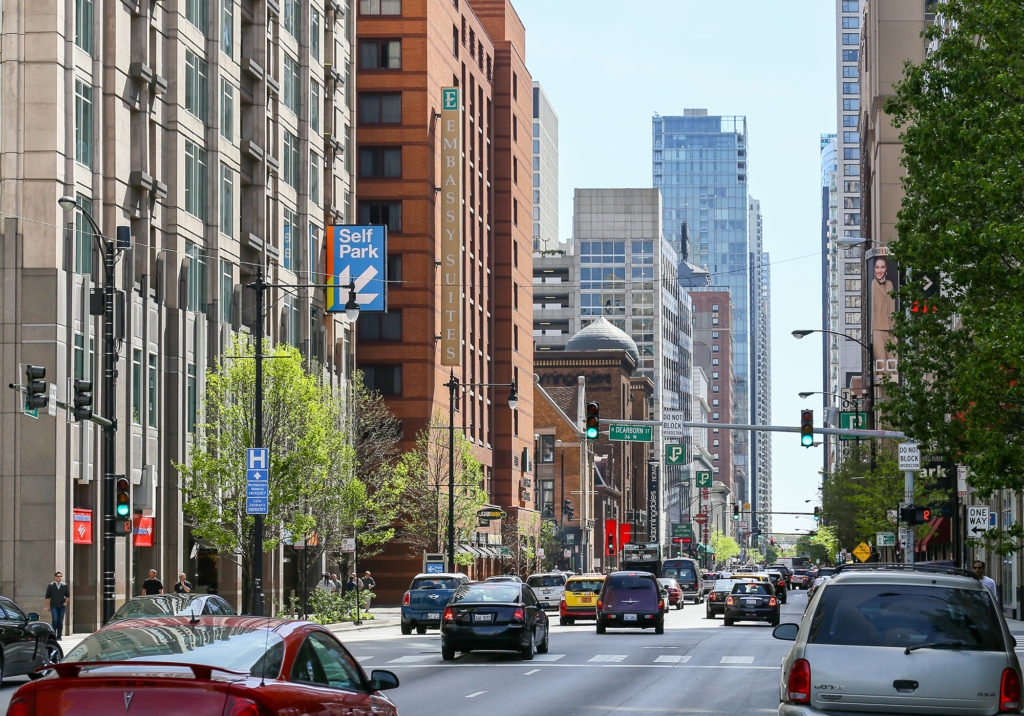Procedural Knowledge – Those are big words!

I recently reviewed a paper, “How Students Learn — and How We Can Help Them,” by John F. Kihlstrom, Department of Psychology, University of California, Berkeley. While reading the paper, I was educated on a term – Procedural Knowledge. It was defined as, “knowledge of skills and rules, how to do things, which can be represented in “if-then” conditional statements known as productions.” I find this very interesting as I am continuously looking at ways to evaluate and influence driver behavior. Procedural Knowledge, as defined, is represented in the “if-then” condition. This is exactly what we answer 100s if not 1000s of times when driving a vehicle.
Think of the thought process we engage when considering making a lane change. We know the rules. First, decide if you need to even make the lane change. Next, view your mirrors. Determine if there’s enough space. Look over your shoulder. Adjust your speed accordingly. Make sure no one two lanes away is also interested in changing lanes. Check the speed of all the traffic. I could go on, and this is just to make a lane change.
If you pay close attention when driving to cars around you, you realize how un-natural procedural knowledge is. Have you ever driven next to someone on the street or highway that you knew? You looked over and tried to get their attention at the signal light – but they are staring straight ahead. If you’re this type of driving, no offense. The fact of the matter is there is a lot going on around you when you’re driving and you must be aware. You must notice a car coming at you from the side if you have any chance of adjusting to avoid a collision. You must pay attention to what’s happening behind you, in the event that someone is not paying attention and is about to rear-end you. Focusing your attention forward (only) can be very dangerous. This is why we are taught to scan our surroundings, view our side mirrors, our rear-view mirror, etc.
The point I’m trying to make is that procedural knowledge is not innate. We are faced with 1000s of “if-then” decisions every time we get behind the wheel. Procedural knowledge must be learned with instruction, practice, and continued education over time. Without practice and continued education, we only learn from difficult experiences such as citations and accidents.